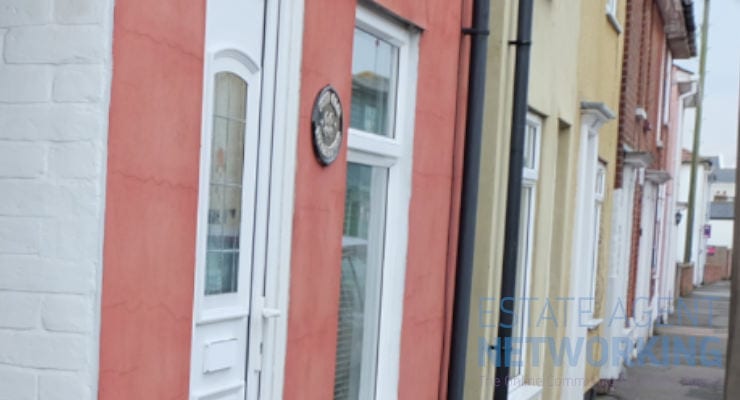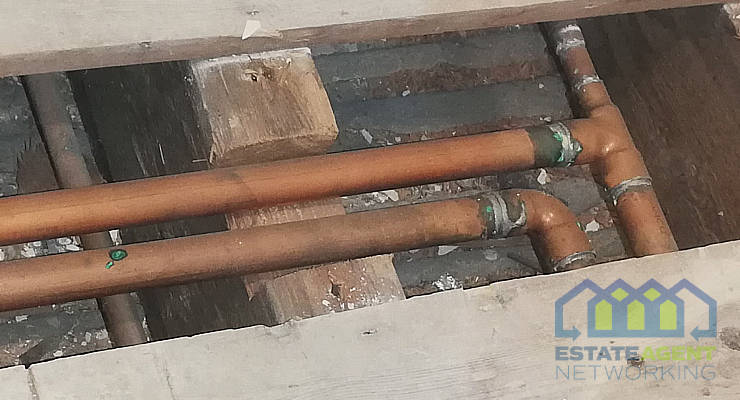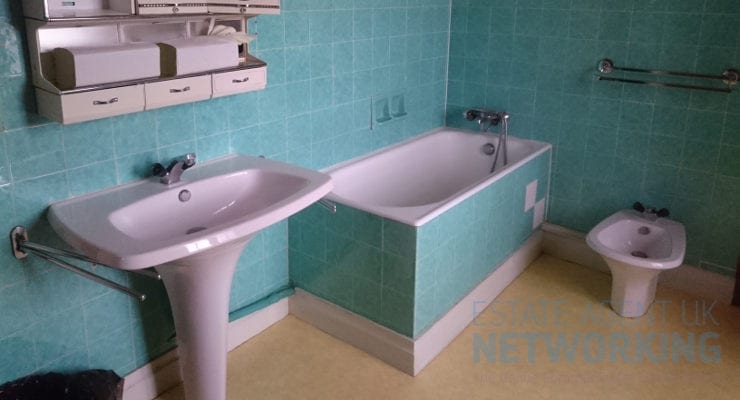BREAKING PROPERTY NEWS – 28/10/2021
Daily bite-sized proptech and property news in partnership with Proptech-X.
What has Sunak’s Autumn budget done for property?
An interesting budget speech covered all the hot topics in property, but it was not a very joined-up strategy. On the one hand, Chancellor Rishi Sunak could be seen as caring, by imposing a 4% levy on developers who make more than £25 million in profit. The proceeds are to be used for a fund to tackle the cladding scandal. Overall, it appears that the budget – as far as property is concerned – has split opinion.
The grim reality is, this 4% levy is likely to raise just £2 billion in the next ten years. The current estimate of remediation works to unfit properties sits at £50 billion. That’s a lot of people who, in three years, will still be trapped living in unsafe properties at risk of fire. At present, there are thought to be over 12,000 blocks of flats that may need remediation.
In an attempt to console the builders and the huge number of people needing homes to live in, he said that there would be multi-year capitalisation into building new homes to the tune of £24 billion. Given that there is a whole generation of homeowners sitting in properties that are not built properly, maybe the government needs to look at who is going to build these.
Brownfield sites again were in the budget, with £1.8 billion being earmarked to develop over 37,000 acres of contaminated land, which one property pundit said equated to just under £12,000 per dwelling. For some of these hazardous brownfield sites, there is no financial outlay big enough to make the sites viable before any building starts. But they’ll continue to peddle the myth, nonetheless.
There was some good news around planning, with the slightest hint that paper would give way to digital. £65 million has been promised to go into freeing up the planning system. It sounds like a big figure, but if past government-led software solutions are anything to go by, a few consultancies in the mix, then five years of building the wrong thing will probably end up like many of these Whitehall initiatives…Serco’s Test and Trace, being just one disastrously expensive example.
Also, the Chancellor has finally stopped meddling with SDLT, and has not moved against the private rental sector, specifically the private landlord, who has been squeezed on every side by taxation and regulation. He did give some funding to the worst off tenants, who are very much the bottom of the pile.
The big news around the budget and property will come if and when the Bank of England move that 0.1% base rate a notch or two higher, stifling the Chancellor’s property rhetoric.
If inflation continues to rise, which it will, and the cost of borrowing rises, which it will, taking mortgage repayments with them, a slowing housing market will definitely make all of this talk about 300,000 new homes a year seem like the fantasy it clearly is.
No one will be buying them, because no one will be able to afford them.
Carbon-zero home of the future built by Barratt Developments
Possibly recognising that the canny consumer is going green, Barratt Developments has constructed what they consider to be a zero carbon home. All the usual suspects are in the mix from air source heat pump to the control systems and the utilisation of the latest low carbon building materials.
So-called smart homes and smart cities have very much been at the forefront of the proptech and contech industry. Up to five years ago they were thought to be pipe dreams, now with the global problem of a changing environment caused by, amongst other things, construction.
The present prototype that Barratt has put together with innovators from its base at Salford University are up against a whole raft of key problems though.
Is the actual construction of the property a truly green proposition? And what about the cost?
Special glazing, sophisticated control systems, digital rather than analogue ways. These all consume power, and have built-in longevity, but are also big-ticket items.
It is good to see though that at least one big builder has their mind on the future of property design and the Z House project definitely merits a closer look for those interested in saving the environment.
Though with the average first-time buyer being 38 years of age, maybe these items are a bit too expensive for the Greta Thunberg generation hardwired to save the planet.









